
New Order are an English rock band formed in 1980 by vocalist and guitarist Bernard Sumner, bassist Peter Hook, and drummer Stephen Morris. Their integration of post-punk with electronic and dance music made them one of the most acclaimed and influential bands of the 1980s. The members regrouped after the disbandment of their previous band Joy Division due to the suicide of lead singer Ian Curtis. They were joined by Gillian Gilbert on keyboards later that year. They were the flagship band for Manchester-based independent record label Factory Records and its nightclub The Haçienda, and they worked in long-term collaboration with graphic designer Peter Saville.

Substance is a compilation album by English alternative dance band New Order. It was released in August 1987 by Factory Records. The album compiles all of the band's singles at that point in their 12-inch versions, along with their respective B-side tracks. The then-newly released non-album single "True Faith" is also featured, along with its B-side "1963" and new versions of "Temptation" and "Confusion".
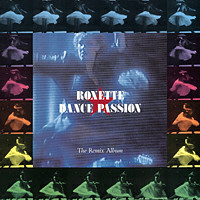
Dance Passion is a remix album by Swedish pop music duo Roxette, released on 27 March 1987 by EMI. It consists of remixed versions of tracks from their debut album, Pearls of Passion (1986). The album was only released on vinyl in select European territories, namely Sweden, Germany and Italy. It failed to chart in the latter countries, and sold just 27,000 copies in Sweden, peaking at number 19 and spending four weeks on the Swedish Albums Chart. It has never been reissued or pressed onto cassette or CD.

"Blue Monday" is the fifth single by the British rock band New Order. It was released as a 12-inch single on 7 March 1983 through Factory Records. It appears on certain cassette and CD versions of New Order's second studio album, Power, Corruption & Lies (1983). The track was written and produced by Gillian Gilbert, Peter Hook, Stephen Morris and Bernard Sumner.
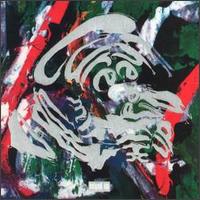
Mixed Up is a remix album by English rock band the Cure, released on 20 November 1990 by Fiction Records. The songs are remixes of some of their hits, reflecting the popularity of remixing of existing songs and dance culture of the late 1980s and early 1990s. In 2018, a sequel was released titled Torn Down.

Low-Life is the third studio album by English rock band New Order, released on 13 May 1985 by Factory Records. It is considered to be among the band's strongest work, displaying the moment they completed their transformation from post-punk hold-overs to dance-rockers. The album shows New Order's increased incorporation of synthesisers and samplers, while still preserving the rock elements of their earlier work. The original Factory CD issues of the album were mastered with pre-emphasis.
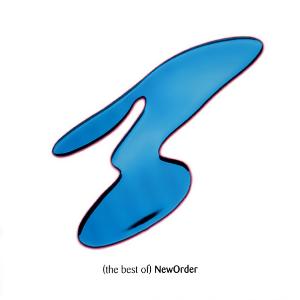
The Best of New Order is a greatest hits album by English band New Order. It was released in the United Kingdom on 21 November 1994 by London Records and, with a different track listing, in the United States on 14 March 1995 by Qwest Records and Warner Bros. Records. Like Republic, the band's most recent studio album at the time, the cover and liner notes stylise the group's name as one word (NewOrder) instead of the usual New Order.

Carnival is a dance music EP by British band Duran Duran, originally released in various markets around the world in September 1982 by EMI.

"Everything's Gone Green" is the third single by the English rock band New Order, released in December 1981.

"Shellshock" is the eleventh single released by British group New Order on 17 March 1986. The song originally appeared on the soundtrack to the movie Pretty in Pink one month prior to its single release. Production is credited to New Order and John Robie, and is loosely inspired by the 1983 Robie-produced R&B club hit, "One More Shot"—a studio project where Robie performed under the band name, C-Bank, and featuring vocals by Jenny Burton.

"Run 2" is the nineteenth single by English rock and alternative dance band New Order. It was released by Factory Records on 28 August 1989 as the third and final single from their fifth studio album, Technique (1989). The album version was listed as simply "Run".
Section 25 are an English post-punk and electronic band, best known for the 1984 single "Looking from a Hilltop", associated with Manchester record label Factory Records.
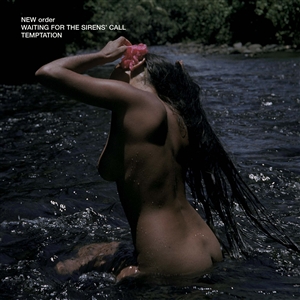
"Waiting for the Sirens' Call" is the thirty-first single by English band New Order, released in 2005. It was released by London Records on 26 September 2005, and was the third single from the album of the same title.
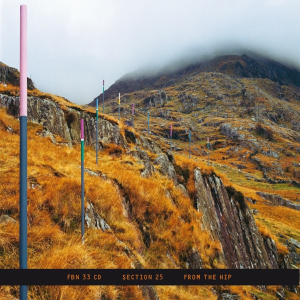
From the Hip is the third studio album by English post-punk and electronic band Section 25, released in March 1984 by Factory Records. Following on from their previous albums, Always Now and The Key of Dreams, it marked a major departure in terms of sound and scope. Abandoning their harsh original post-punk sound the band embarked upon a new journey into the realms of electronic and dance music, with the help of Bernard Sumner of New Order who co-produced the album at Rockfield Studios in Monmouthshire, Wales.
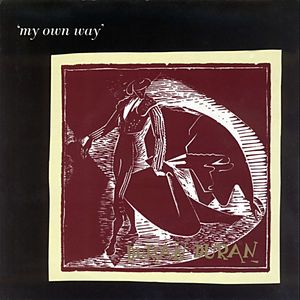
"My Own Way" is the fourth single by English new wave band Duran Duran, originally released on 16 November 1981.
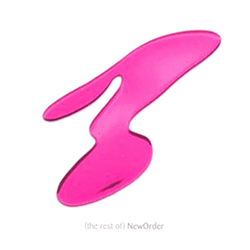
The Rest of New Order is a remix album by English band New Order, released on 21 August 1995 by London Records.
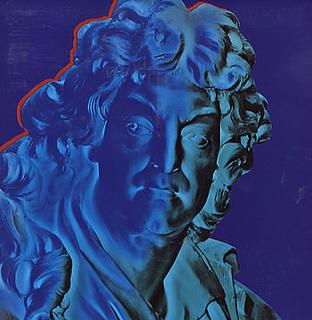
"Round & Round" is the seventeenth single by the English band New Order from their fifth studio album Technique (1989). The song was written by band members Gillian Gilbert, Peter Hook, Stephen Morris and Bernard Sumner, and the album version was produced entirely by New Order. "Round & Round" was re-recorded for a single release, with Stephen Hague as co-producer.
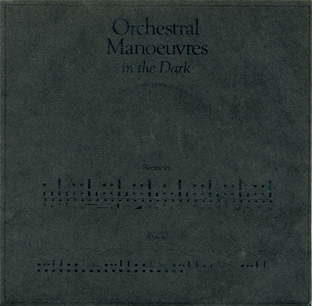
"Electricity" is the 1979 debut single by English electronic band Orchestral Manoeuvres in the Dark (OMD), featured on their eponymous debut album the following year. Andy McCluskey and Paul Humphreys sing the lead vocals on the track together in unison. Recognised as one of the most influential singles of its era, "Electricity" was integral to the rise of the UK's synth-pop movement. It has garnered praise from music journalists and other recording artists.

The Best Mixes from the Album-Debut for All the People Who Don't Buy White-Labels is the first EP and remix compilation by Björk, originally released through Polydor Records in September 1994. The collection contains six remixes of four tracks from Björk's 1993 album Debut. All of the songs were written solely by Björk except "Human Behaviour", which was co-written by Nellee Hooper. Björk and Hooper were also co-producers of the EP. "Human Behaviour" was remixed by the English electronic group Underworld; the remaining five tracks are remixes by The Sabres of Paradise and Black Dog. The compilation has been re-issued through the record labels One Little Indian, PolyGram and PO Records.
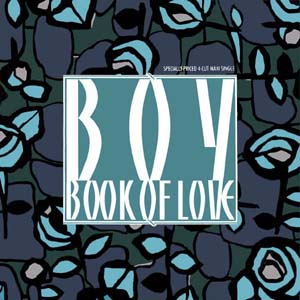
"Boy" is the 1985 debut single by the American synth-pop band Book of Love. The song was included on the band's eponymous debut album Book of Love in 1986.



















